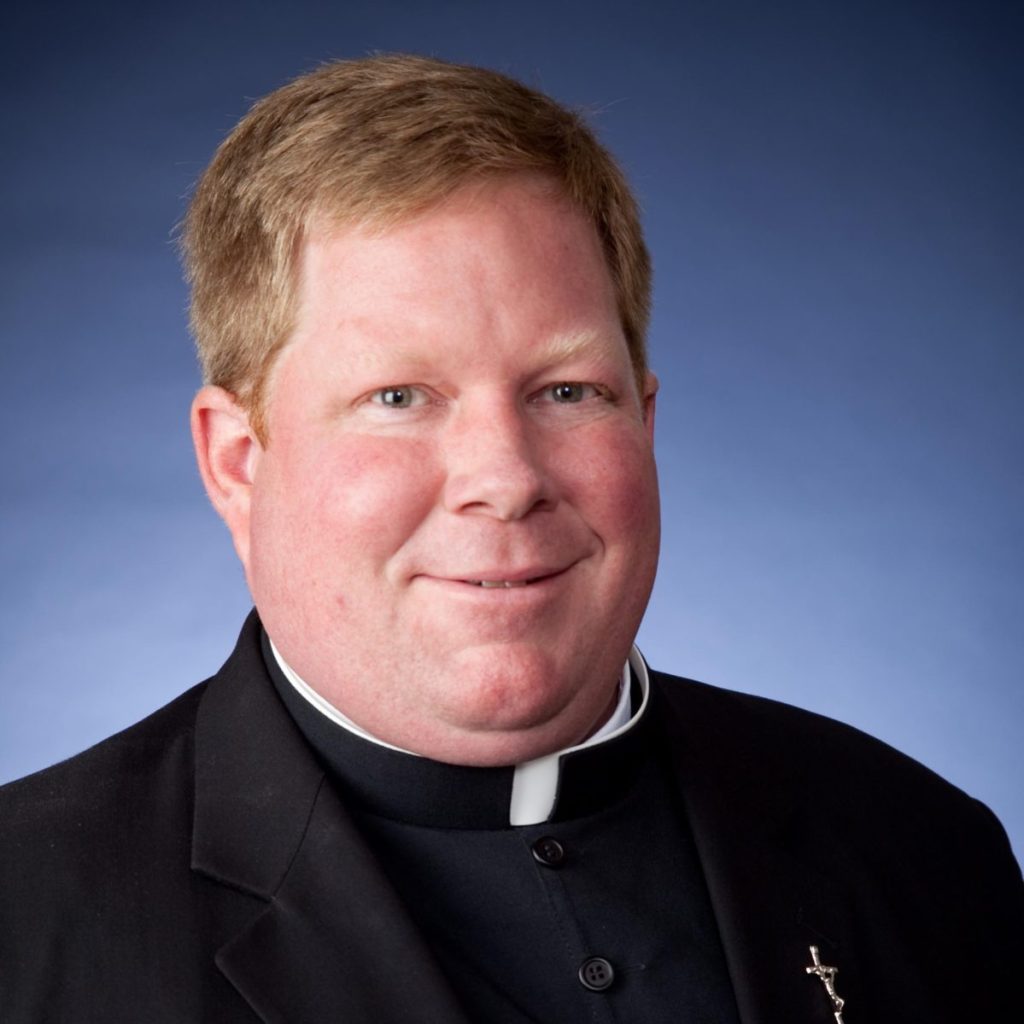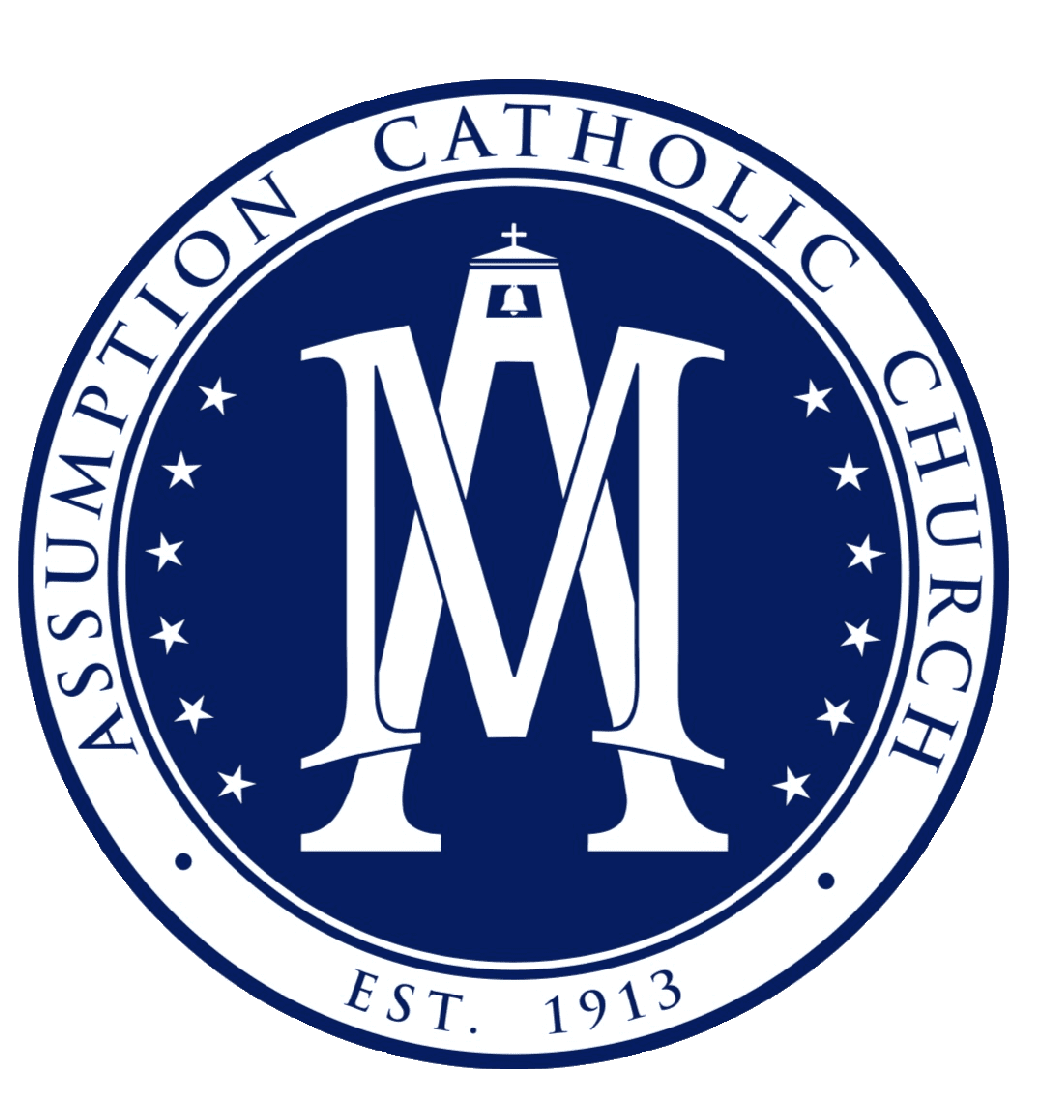
Dear Brothers and Sisters in Christ,
On this First Sunday of Lent, the Church leads us into the desert with Jesus. In the Gospel from Gospel of Matthew (Matthew 4:1–11), we see Christ fasting for forty days and facing temptation from the devil. This passage immediately follows His baptism in the Jordan, a moment of affirmation and grace. Yet the Spirit leads Him not into comfort, but into the wilderness.
Lent often feels like that desert. It is a season that strips away distractions and invites us to confront what lies within our hearts. Like Jesus, we are tempted in three fundamental ways: to satisfy our physical desires without trust in God, to seek power or control apart from God’s will, and to test God rather than surrender to Him.
Each time He is tempted, Jesus responds with words from Deuteronomy. He does not argue or negotiate; He stands firmly on the Word of God. Where Adam in the Garden grasped at the serpent’s promise, Christ—the new Adam—remains faithful. Through His obedience, He begins the work of undoing humanity’s fall.
Lent is not merely about giving something up; it is about strengthening our spiritual resolve. Prayer roots us in God’s truth. Fasting teaches us discipline and dependence. Almsgiving loosens our attachment to worldly security. These practices prepare us not only to resist temptation but to grow in freedom.
The desert is not a place of abandonment but of encounter. It is where God forms His people. As we begin these forty days, let us walk with Christ confidently, knowing that the One who overcame temptation walks beside us. May this season purify our hearts, deepen our trust, and lead us more fully into the joy of Easter.
Love,
Fr. Jason



